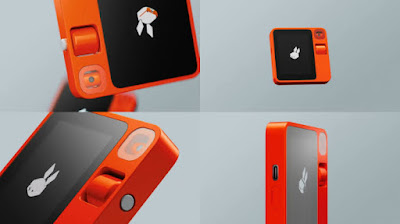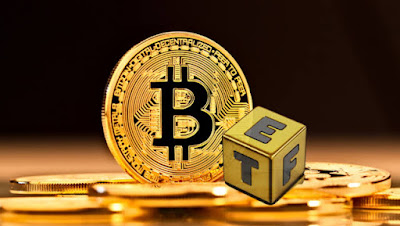On February 2, Zoom's Vision Pro software—which allows users to employ a digital avatar created by the app based on facial scans—will go live with Apple's new headset. It works similarly to Apple's FaceTime app for the Vision Pro in that the person making the call will be able to view their hand gestures and facial expressions as though they are not wearing a headset.
The augmented reality features of the Vision Pro will also be utilized by the forthcoming Zoom app, which will enable it to appear as a floating window and integrate seamlessly with users' physical surroundings. On Friday, February 2nd, these functionalities will be accessible when the app and headgear launch.
But Zoom says it will be adding new capabilities to the app later in the spring, one of which is "real-world pinning." By enabling Vision Pro users to pin up to five Zoom meeting participants in their physical environment and hiding the callers' backgrounds, this feature is meant to enhance the immersive experience of calls.
Additionally, 3D object sharing will be added to the videoconferencing software, enabling users to share 3D files and view how they appear in their surroundings. It also intends to integrate Team Chat, a rival to Slack, inside the Vision Pro software.
While Apple has already declared that native Vision Pro apps will be available at launch for streaming services like Disney Plus, Max, Paramount Plus, Peacock, and others, several noteworthy services are still absent. Because Netflix and YouTube won't have Vision Pro apps available at launch, users will have to access them through a web browser, which will make for a less engaging experience.













.jpeg)

















